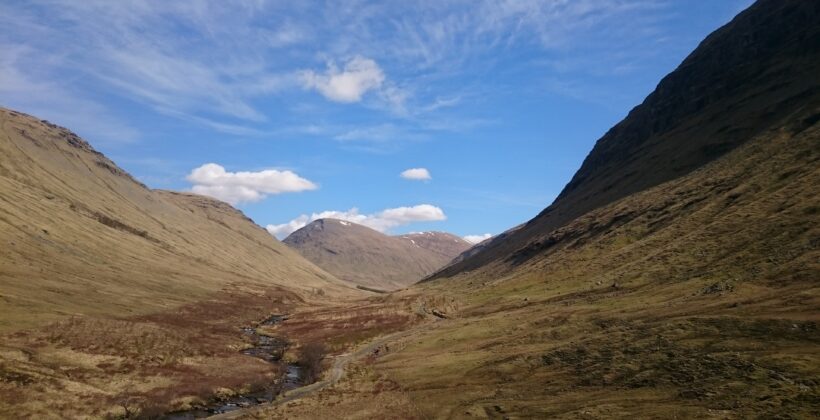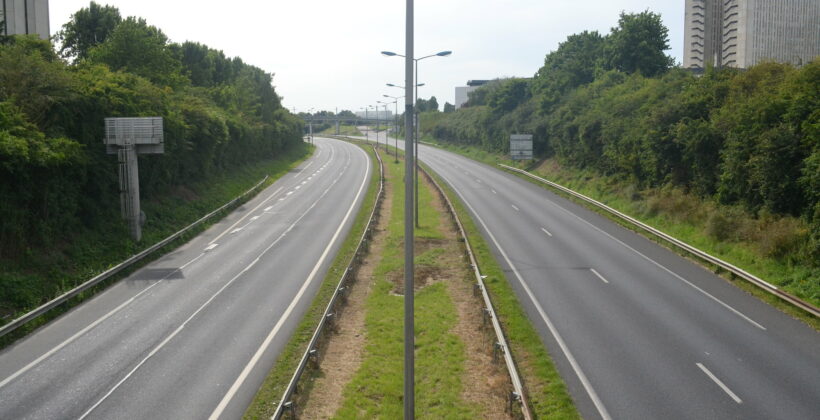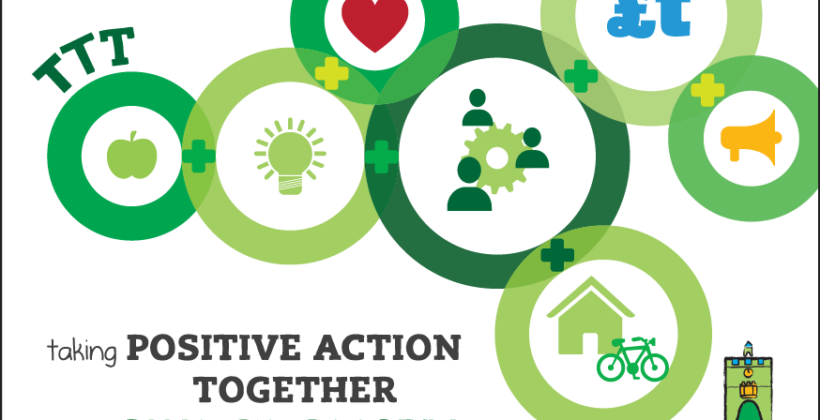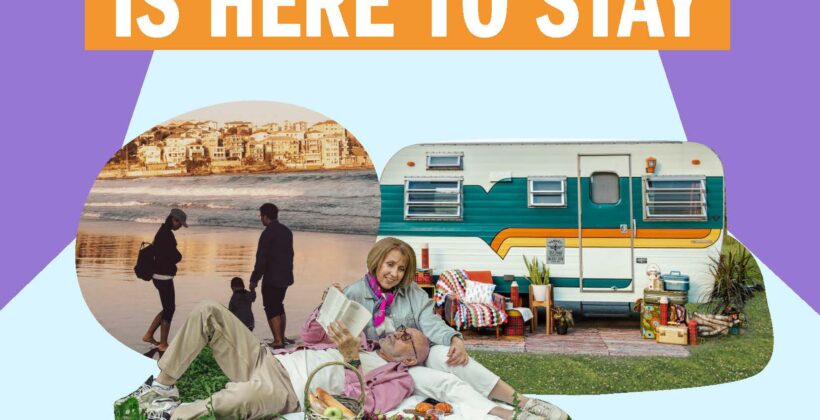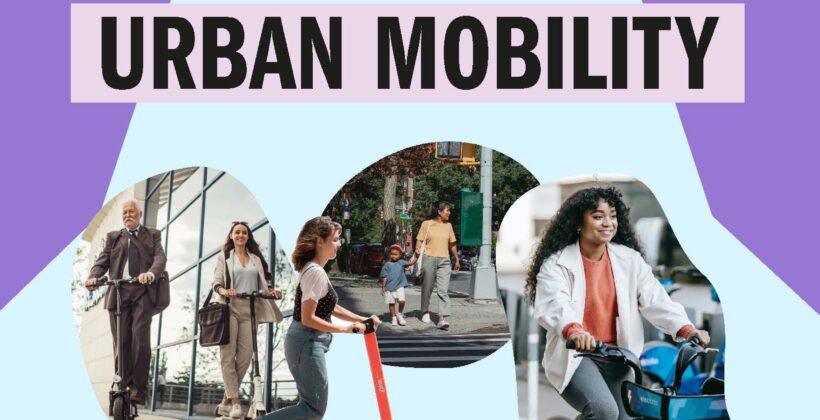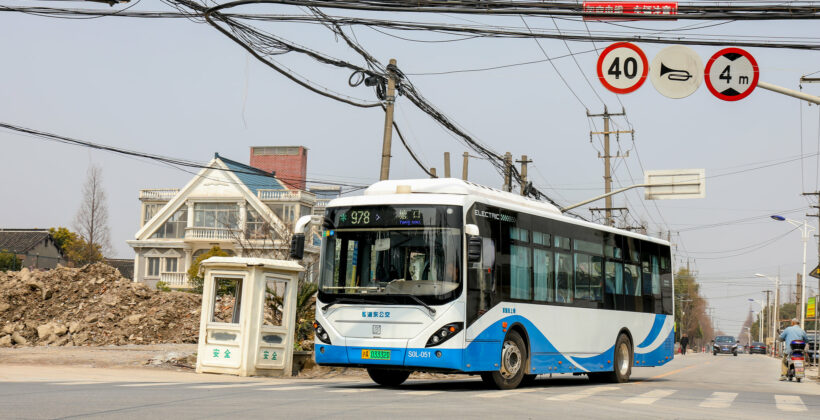
Story of change
All aboard the electric bus – modern public transport powered by electricity is coming back quickly, to the benefit of people and the climateIn 2011, the electric-vehicle manufacturer BYD Auto unveiled an early model of an electric bus at an industry conference in Belgium. The head of BYD in Europe, Isbrand Ho, later recalled in an...
